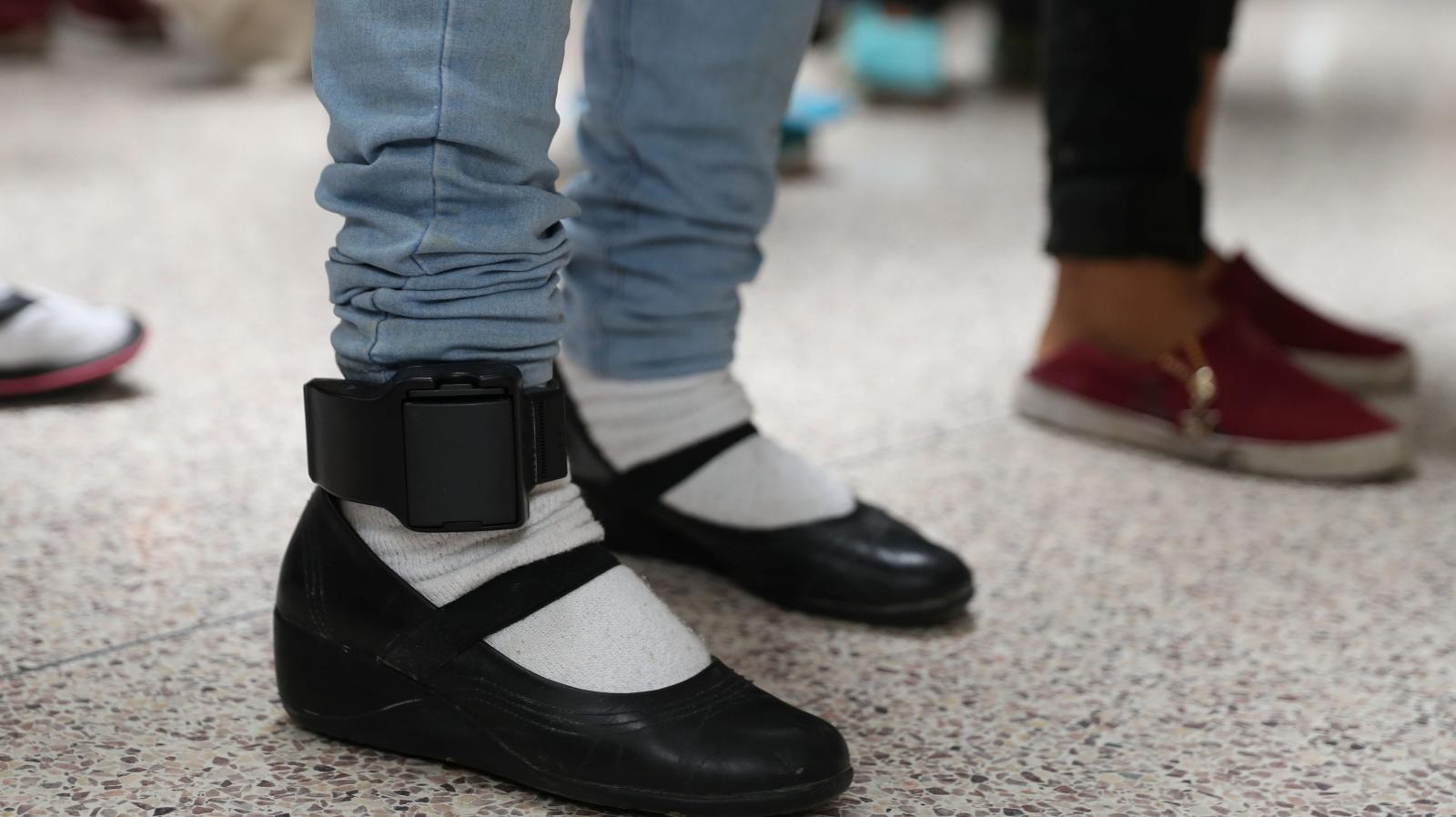Google is Quietly Working on a Wearable Device for Preteens
Google is developing a wearable device for preteens under its Fitbit group as it attempts to capture a growing demographic of younger users who own wearable tech, three employees familiar with the project told Insider.
Internally code-named “Project Eleven,” the wearable is designed to help older kids form healthy relationships with their phones and social media, two of the employees said. One of them said the device could include safety features that would let parents contact their children and know their whereabouts.
Project Eleven may be an opportunity to capture a growing market of younger users who would otherwise grow up to become Apple loyalists.

